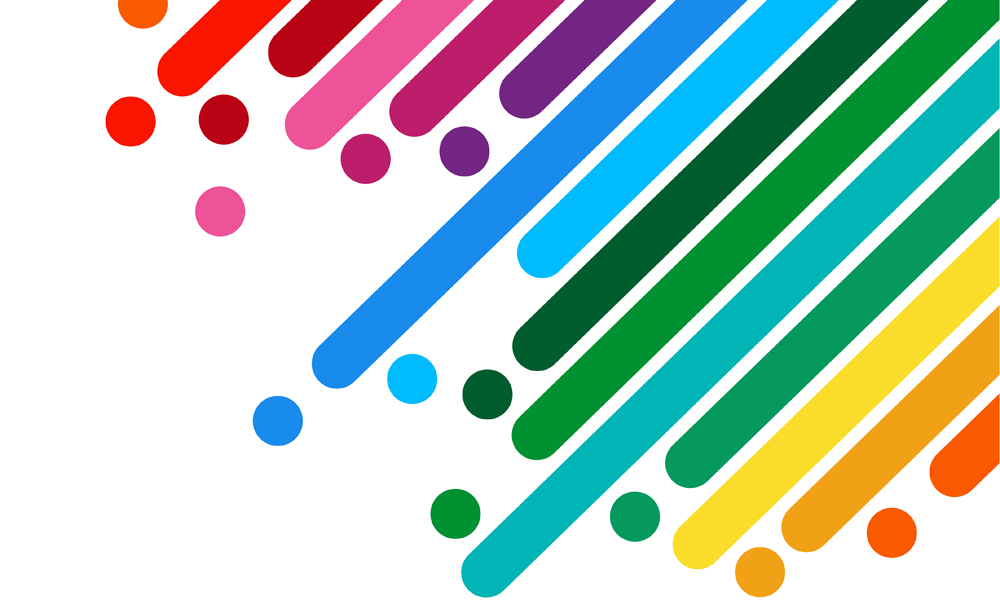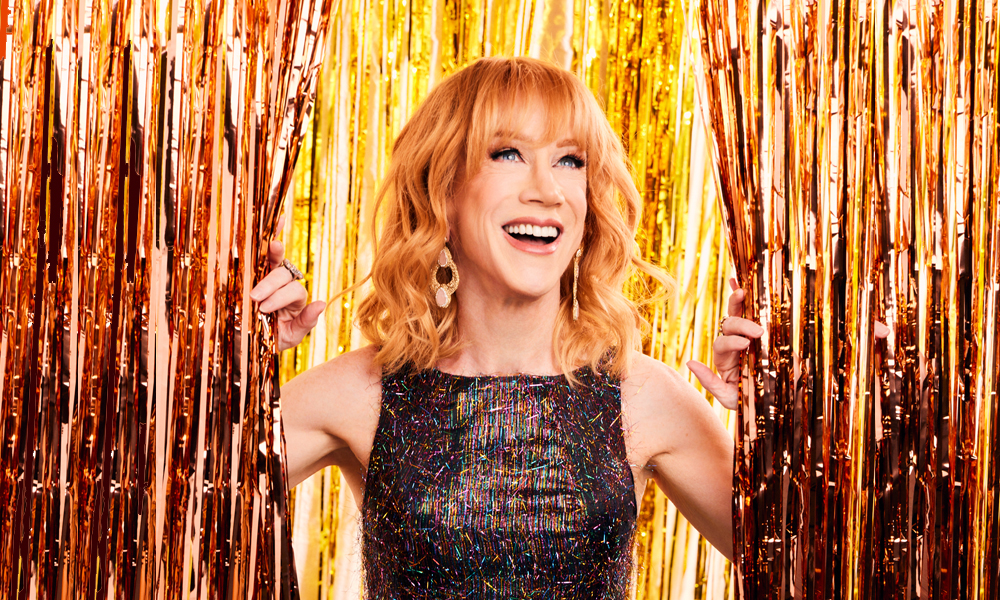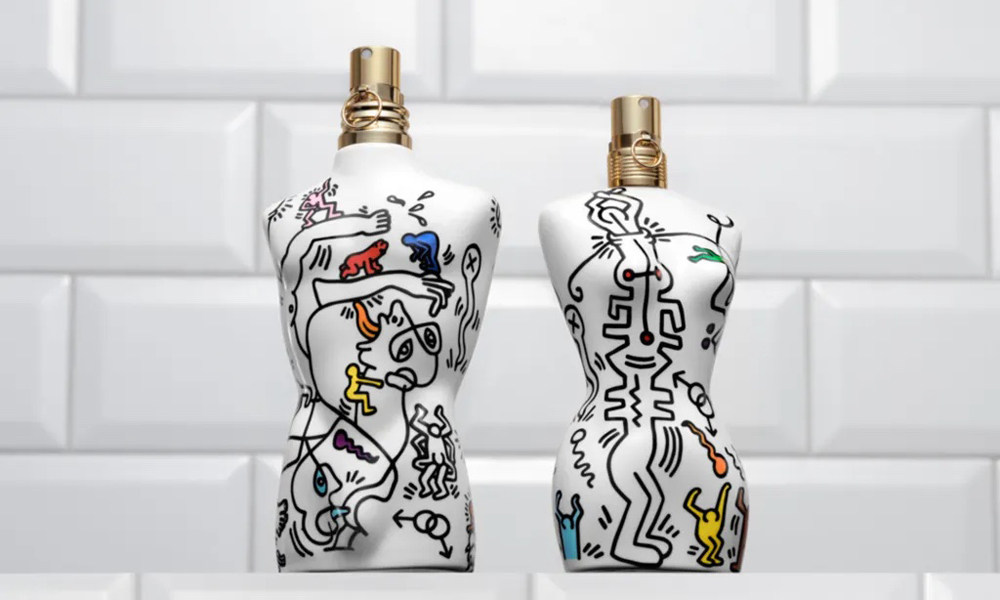Should queer and trans job seekers out themselves in job interviews?…
By Colin Druhan
Amar Yogeswaran knows what people say when they think queers aren’t listening. “People assume that they can make homophobic jokes with me. The way I look, this is always the assumption: I’ve got to be someone married, straight,” says Yogeswaran, who has over 17 years of work experience and identifies as a South Asian queer nonbinary person who uses they/them pronouns.
Now happily with an inclusive employer, they have observed homophobic language and bias in previous positions because colleagues don’t immediately identify them as queer. This has made Yogeswaran careful about how vocal they are on platforms like LinkedIn, especially when looking for a new job. “At one point I was just questioning if this was the reason I wasn’t getting any calls back. It made me think: Am I giving a bad impression?” says Yogeswaran.
Many queer and trans job seekers ask whether they should out themselves in job interviews. But what if some, most or all of the experience in your application does it for you? What if you have what I’ll call a Rainbow Resumé?
Sean Waite is a professor of sociology at the University of Western Ontario who studies labour market inequality. He says research from the United States shows that people who include work or volunteer experience with queer organizations and community groups on their resumé are less likely to receive interview offers than people who don’t. His preliminary research in Canada, which has yet to be published, reveals the problem is not unique to the US. An audit study found that job applicants in Canada who are outed by their previous job experience are 17 per cent less likely to receive an interview offer. Waite, who has a long history of researching economic outcomes for queer and trans people, says he isn’t surprised by the statistics: “It’s really sad to hear, but I believe it.”
Aeryn Pfaff, a communications professional with a degree in journalism and a postgraduate certificate in public relations, has first-hand knowledge of this issue. His experience is almost exclusively with LGBTQ2+ communities and he has been actively looking for a full-time job for over three years, to no avail. Pfaff even worked with a career coach, who told him that if he wanted to get his foot in any doors, he’d have to play down his 11 years of producing events and developing social media campaigns for queer communities. “The coach told me, ‘I can see why this isn’t working for you; you talk about all of these topics that aren’t professional. You shouldn’t bring sexual orientation into it,” says Pfaff, who was encouraged to keep one of his greatest achievements off his applications. “I organized an alternative Pride festival last year. It’s one of the things I’m most proud of in my life. It was a huge undertaking,” says Pfaff about how difficult the advice was to hear, adding that “straight people don’t have to think about things like this.”
“If you view the queer community as a group of people you don’t relate to, it leaves you ill prepared,” says talent acquisition professional Amanda Spakowski, who focuses heavily on inclusive hiring practices in her work. Spakowski says the common concerns she hears from hiring managers are that they will not be able to interact with queer candidates effectively in interviews and that current staff will not be welcoming of LGBTQ2+ hires.
It might be surprising for some to hear that so many Rainbow Resumés get dropped into the ‘no’ pile. After all, an increasing number of employers are setting diversity objectives and rolling out expensive ad campaigns targeting LGBTQ2+ consumers. But Yogeswaran says that based on what they have observed, there is often a schism between what companies say publicly and what happens in hiring processes. Hiring managers too often depend on their own homogeneous networks because of the daily pressures of their jobs and their interest in filling vacancies quickly. They look for candidates who will blend in, no matter how many Pride parades the company itself buys into. Even if they appreciate their employer’s stated commitment to inclusion, they either don’t have the tools to deliver on it or don’t see themselves as having a responsibility to do so. “The motto is ‘Be yourself;’ then they say they want someone less complicated,” says Yogeswaran, who asks, “Are you saying I should just tone it down? Not talk about who I am?”
It is common for company representatives, especially those who are queer themselves, to encourage authenticity in applications. You may hear great applause when these folks say things like, “If someone is going to discriminate against you in the hiring process, that’s not somewhere you want to work, anyway.” Based on interviews he’s done with LGBTQ2+ job seekers, Waite says those professionals should be careful what they preach. His research shows that white cisgender gay men often come out in interviews if they feel it will give them a “strategic advantage” in the competition. Other members of the LGBTQ2+ community, particularly those of colour, are more likely to actively conceal who they are because of past experiences with homophobia and other forms of discrimination. “That tells us something about how privilege operates in the LGBTQ2+ community,” he says.
Waite points out that LGBTQ2+ unemployment, poverty and housing insecurity disproportionately impact trans people and that not all job seekers are fielding enough offers to be selective. He cautions that “the gut reaction might be to tell people to be their true authentic selves and to put all of this LGBTQ2+ stuff on their resumé, but if we know that leads to disadvantages, I don’t think that’s a fair thing to say to somebody who needs to make ends meet.”
When it comes to solutions to this problem, Spakowski leaves the ball squarely in the employer’s court. She cautions that it isn’t as straightforward as putting diversity statements on job postings or placing ads on specialty job boards. Queer and trans people know where to look for jobs, after all. Many don’t read statements about “encouraging applications from marginalized communities” as genuine, and might not bother putting together an application if they think the hiring process and work environment won’t be inclusive or, worse, will be actively discriminatory.
For employers that want more diversity in their applicant pool, Spakowski recommends a balance of look and feel: messaging a desire to be inclusive while arming employees with proven strategies and tools to deliver on that desire with their actions. “The look is what gets someone to apply and what gets them in the door, but the feel is what gets people to accept the offer and what keeps them as employees.”
Spakowski, who identifies as a queer cis woman, says her initial lack of familiarity with the reality of gender diversity got her in some uncomfortable situations with some trans and nonbinary clients, which prompted her to find ways to improve. “That meant being proactive about learning,” she says, adding that she’s grateful for the people who pointed out how she could do better: “I didn’t know how to improve until someone was compassionate enough to tell me I had blind spots.”
Employers need to recognize what the issue of Rainbow Resumés is really about: systemic homophobia, biphobia and transphobia. “It isn’t always with a pitchfork and a slur,” says Pfaff, explaining that the LGBTQ2+ community continues to be a support for him as he looks for a job. “I have never been hired in a meaningful way by a straight person,” he says, adding that “everywhere I have been brought in, there was someone queer strongly vouching for me at the top level or it was by someone queer directly.”
So while Canadian employers figure out their blind spots and what to do about them, our community will do what we’ve always done: rely on each other.
—
COLIN DRUHAN is the executive director of Pride at Work Canada/Fierté au travail Canada, a not-for-profit organization that empowers employees to foster workplace cultures that recognize all employees, regardless of gender identity, gender expression and sexual orientation. For more information, visit prideatwork.ca.







POST A COMMENT